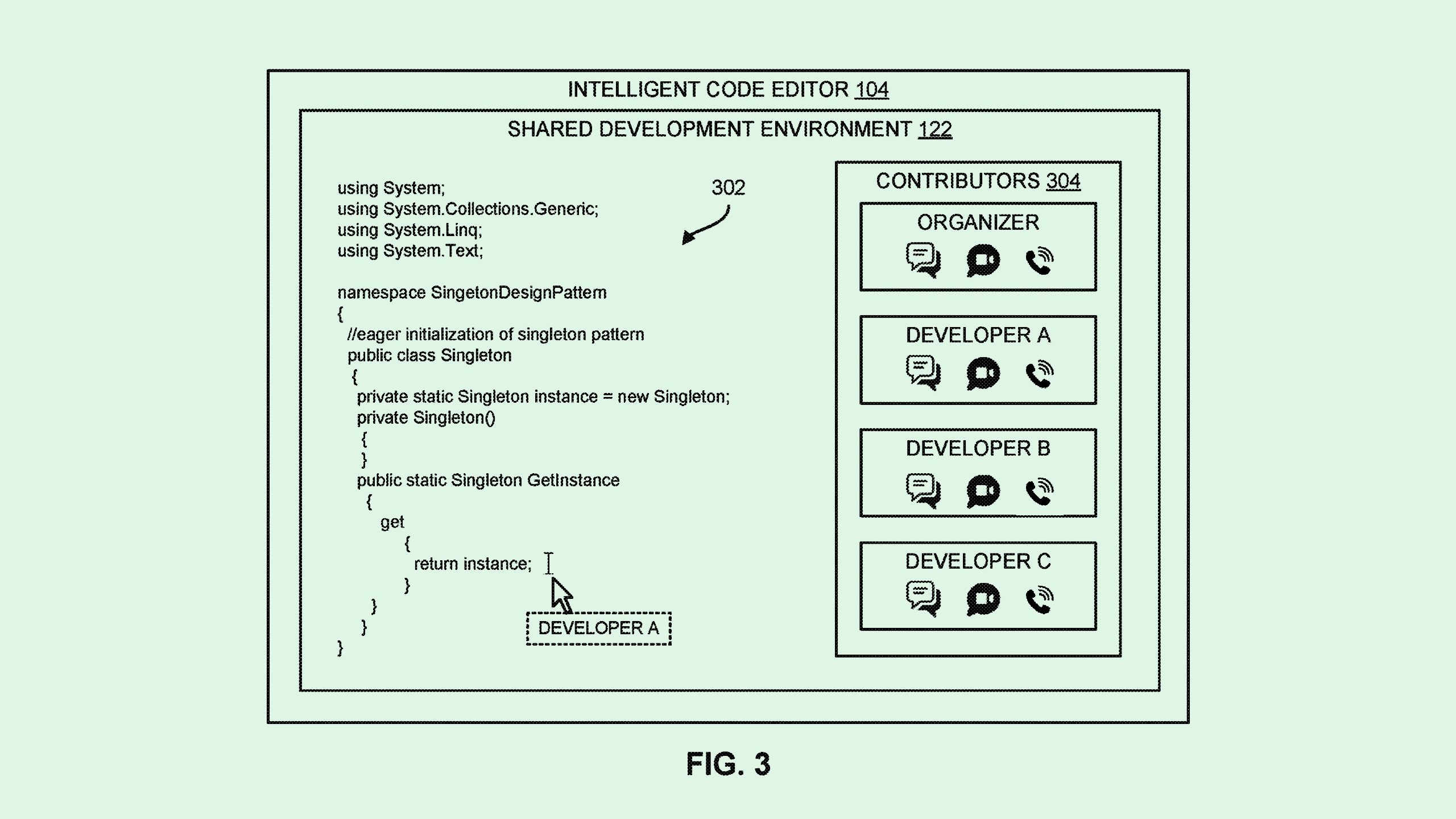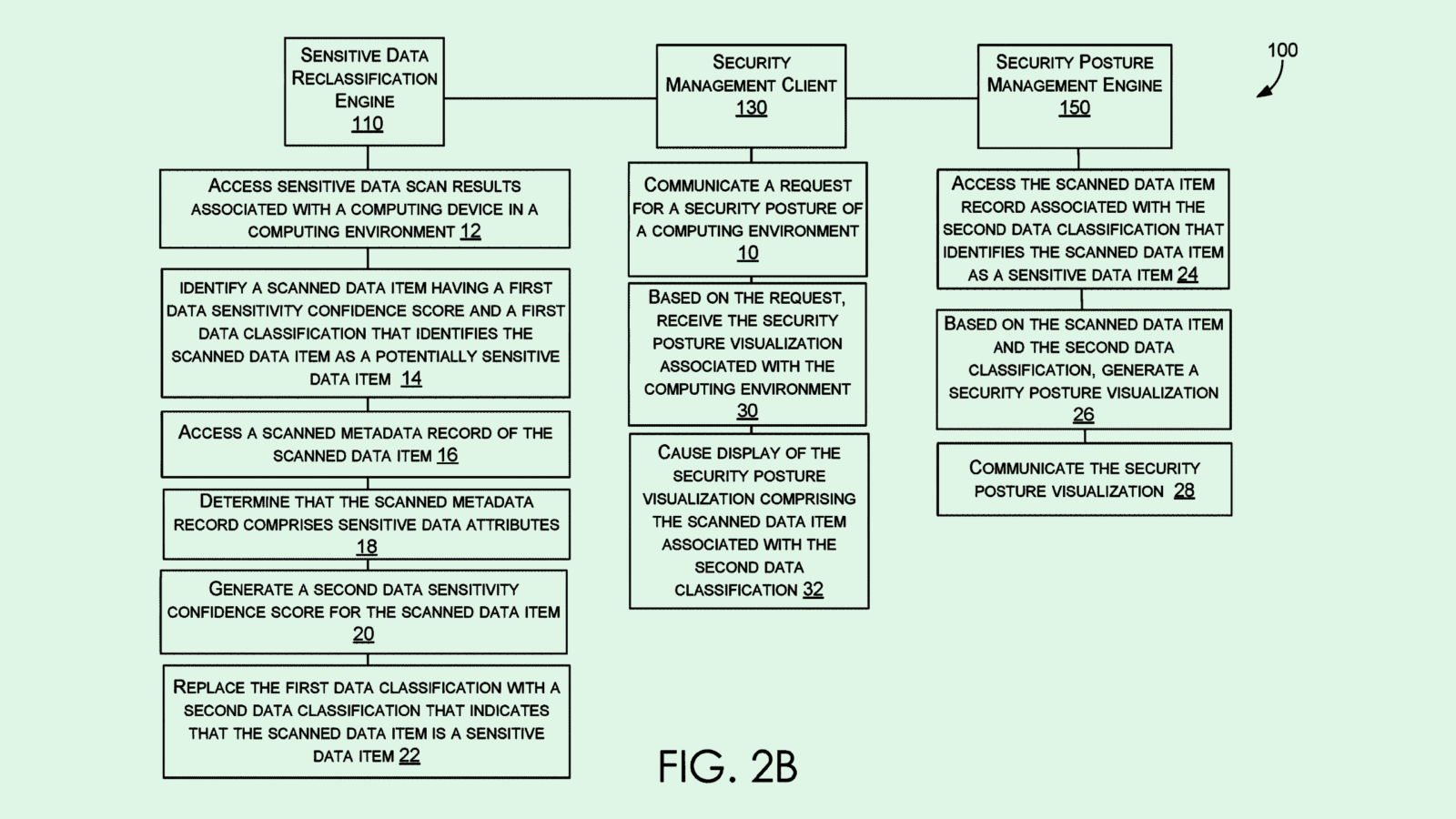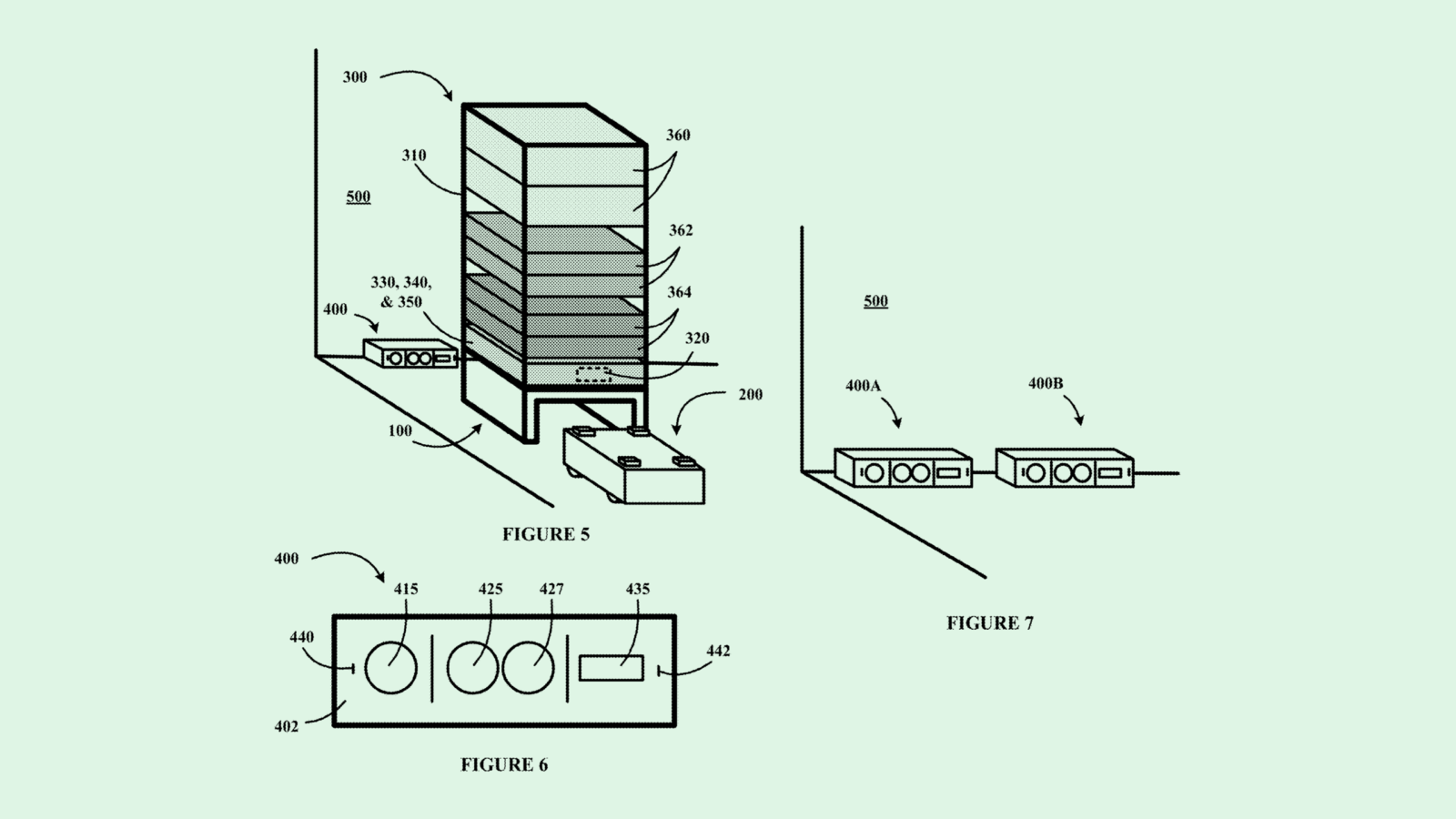IBM’s Coding Companion Patent Adds to the Sea of AI-based Developer Tools
A recent IBM patent shows that it may be working on Grammarly for software developers.

Sign up to uncover the latest in emerging technology.
IBM may be working on a Grammarly for software developers.
The company filed a patent application for an “intelligent code editor.” IBM’s system would essentially work side-by-side with developers to offer personalized suggestions and recommendations for coding and software design.
“The suggestion features of prior source-code editors have not addressed challenges faced by many of today’s software developers,” said IBM. “The suggestion features of prior source-code editors have not addressed challenges faced by many of today’s software developers.”
Using AI algorithms, IBM’s system would analyze source code samples from a specific developer, aiming to get a feel for their typical coding style and commonly used techniques to make accurate suggestions. Then, as the developer designs code, the system would monitor their work and inputs and offer suggestions on how to improve or build out their designs.
These may pop up as selectable options in the platform that allow developers to accept or reject selections as they see fit. IBM also noted that this tool could show up as a web application or part of a larger development ecosystem that includes things like build automation tools, code interpreters, and debuggers.
Additionally, IBM’s patent outlines a shared development environment in which a group of developers can request assistance from the code editor on specific modifications or suggestions.
The dawn of generative AI has brought coding companions like IBM’s to the fore. One of the most popular options among developers is Microsoft-owned GitHub Copilot, which claims to speed up developer coding by 55%. Google also offers Gemini Code Assist, which relies on the company’s Gemini large language model.
Google also previously filed a number of patent applications for AI software development tools, including a real-time suggestion engine and chatbots for UX design and app development. Meanwhile, companies like Stripe, Oracle, and JPMorgan Chase have sought to patent their own AI-based no-code development tools.
The problem, however, is that AI is often prone to mistakes — massive foundational language models often have a hallucination rate of around 3% to 5%. Research of 150 million lines of code from software company GitClear found a significant uptick in code churn, or code that is changed less than two weeks after being written, in AI-generated code. A study from Stanford came to a similar conclusion, finding more bugs and less security in code created by AI models.
Plus, while these tools AI have the power to supercharge productivity and development, many workers fear that AI may upend their job security. A December workforce report from CNBC and Survey Monkey found that, of more than 7,700 people surveyed, 42% reported feeling concerned about AI’s impact on their jobs.
IBM’s patent highlights that, as it stands, AI can be used as a helpful tool to offer up new ideas or increase productivity. But in many areas, the tech has a long way to go before it can work consistently up to par with human counterparts.











